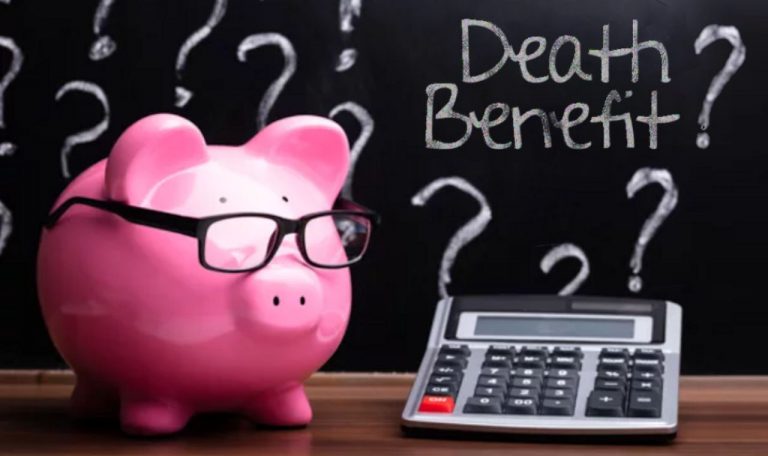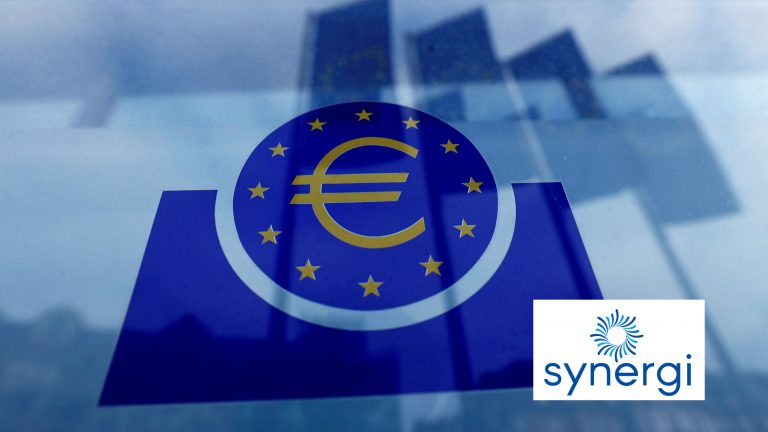Investing in Crisis: Historic Perspective
Investing in a crisis is no doubt risky, for the timeline and scope of a recovery is uncertain at best. But economic crises happen from time to time. Recessions and depressions occur. In the 20th century alone there were around twenty identifiable crises, and even more geopolitical events such as wars or terrorist attacks, which also caused markets to suddenly drop. So what can we learn from history? Here are some facts about past market tensions and expert advice on how to behave in a crisis.
The financial crisis of 2008 and the great recession that followed is still fresh in the memories of many investors, who saw their portfolios lose 30% or more of their values. Instead of acting rationally during severe bear markets, many people tend to overreact and make matters worse. However, while many panicked or were forced to sell assets at low prices, a small group of patient, methodical investors saw the stock market collapse as an opportunity.
A study by Ned Davis Research group looked at 28 global crises over the past hundred years, from the German invasion of France in World War II to terrorist attacks such as that on 9/11. Each time, markets overreacted and fell too far only to recover shortly thereafter. Those investors who sold on the fear found themselves having to buy back their portfolios at higher prices, while patient investors were rewarded.
After the Japanese attack on Pearl Harbor, the S&P 500 index fell more than 4% and continued to drop another 14% over the next few months. After that, and through the end of the war in 1945, however, the stock market returned more than 25% per year on average. The same pattern can be observed after other geopolitical events. By recognising the fact that markets tend to overreact, a smart investor can purchase stocks and other assets at bargain prices.
Financial markets tend to be cyclical with repeated patterns of expansion, peak, recession, trough, and recovery. Every recession so far has been followed by a recovery, but the recovery hasn’t always been big or arrived soon.
Moreover, companies don’t all perform the same at various stages of the cycle. Some may not recover from a recession for years. Others may not recover at all. If you invest, you may experience gains or losses. If you don’t invest, losses will be off the table, but you may miss the early stages of a recovery, or inflation may erode the purchasing power of your cash over time.
So how do you decide on your investment strategy in a crisis? Read about the factor to consider when deciding on your investments in our next article.







